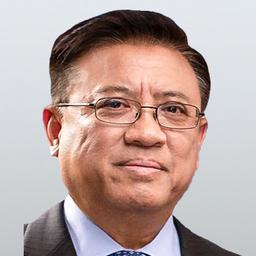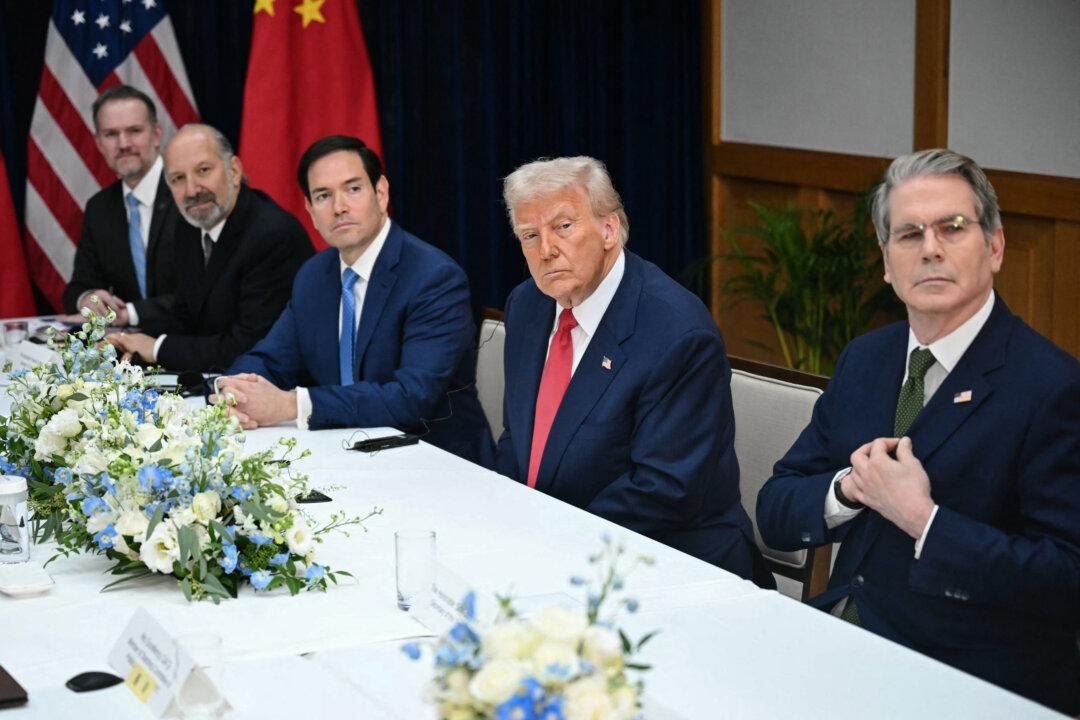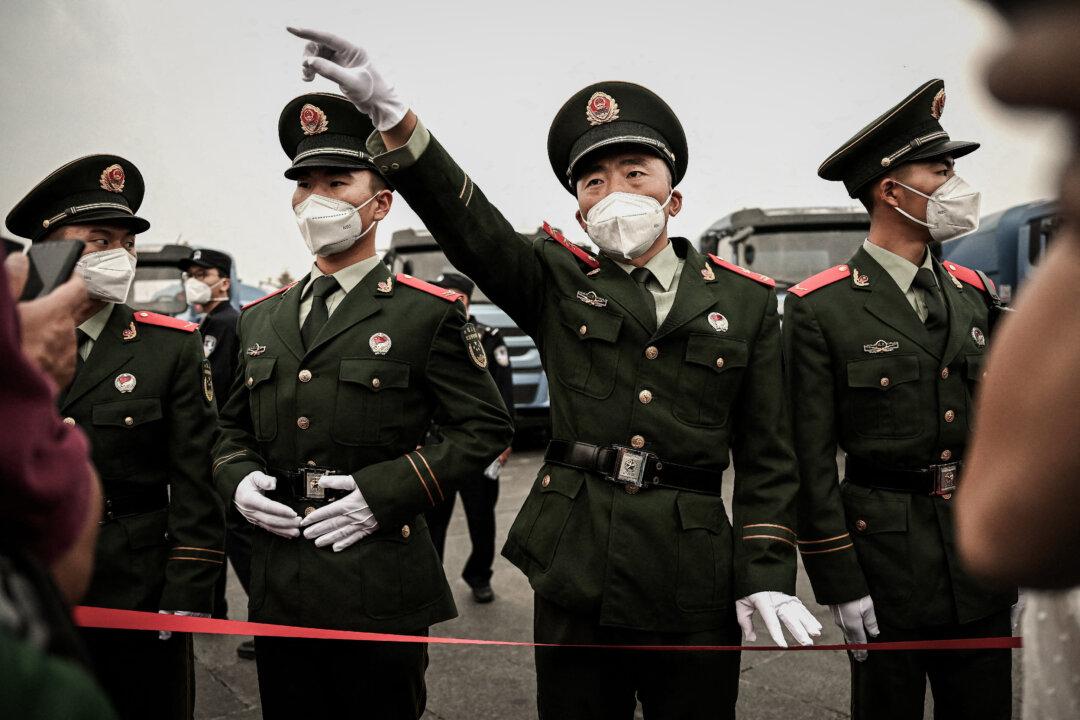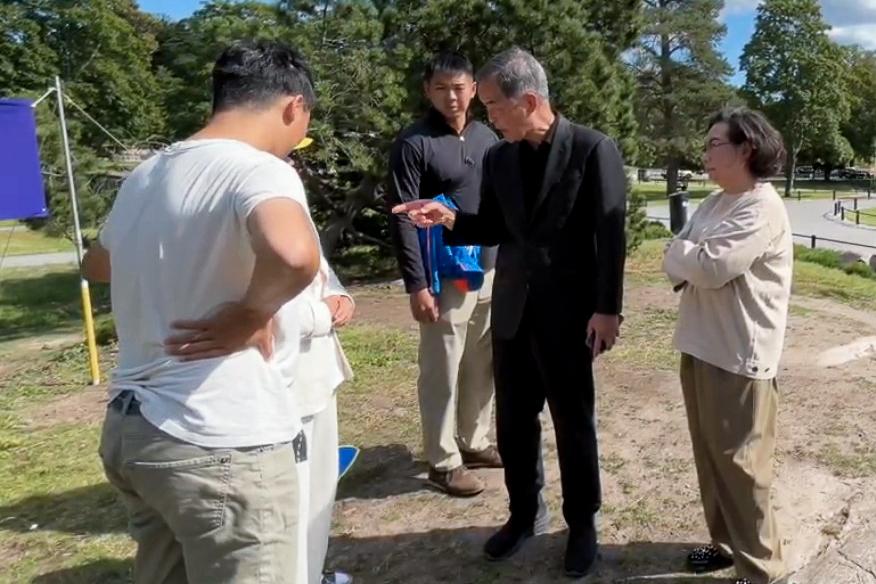The Chinese Communist Party and its paramount leader have legitimacy problems. One can expect that Xi Jinping will strengthen his legitimacy when the 19th National Congress of the Communist Party opens in Beijing on Oct. 18, but the legitimacy of the Party itself will be left as an unresolvable problem.
The rule of the paramount leaders of the Chinese Communist Party (CCP) has more or less depended on the balance and support of the different factions inside the Party leadership. In most cases, this balance and support were represented in the makeup of the Politburo and its Standing Committee.





